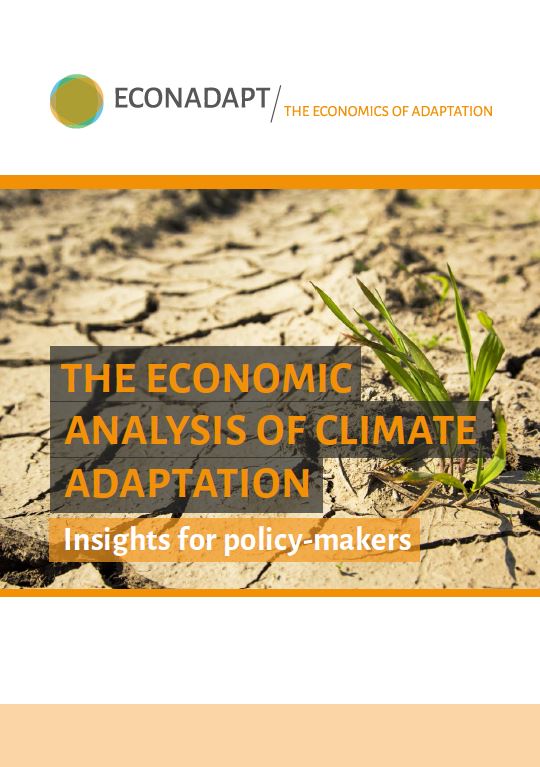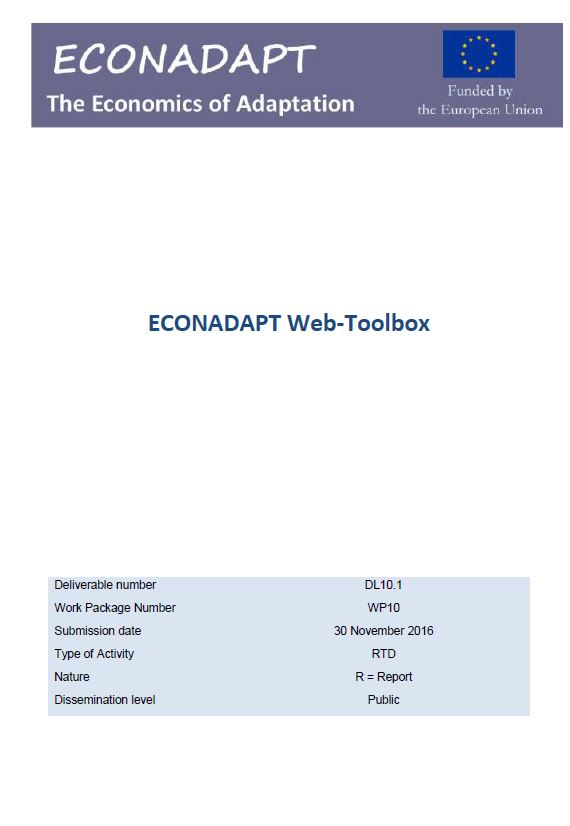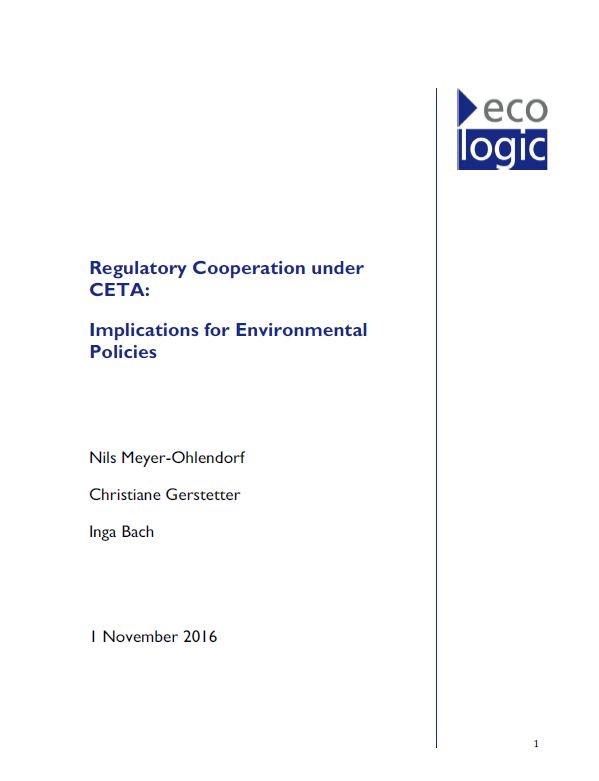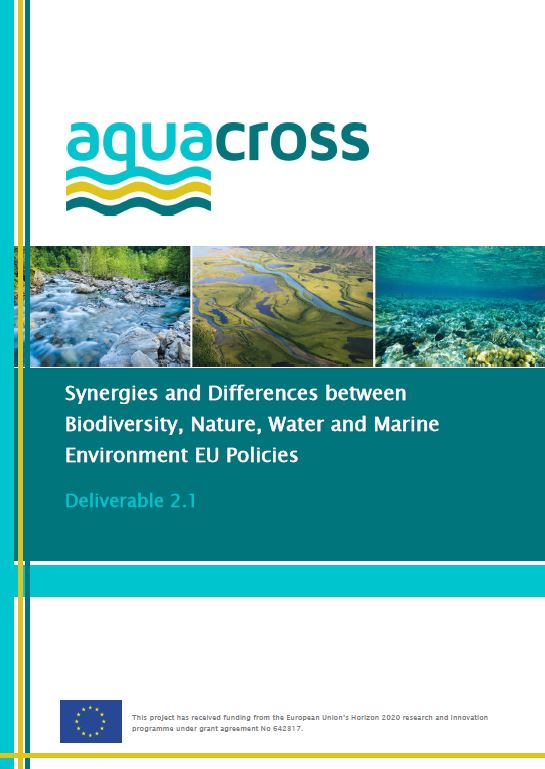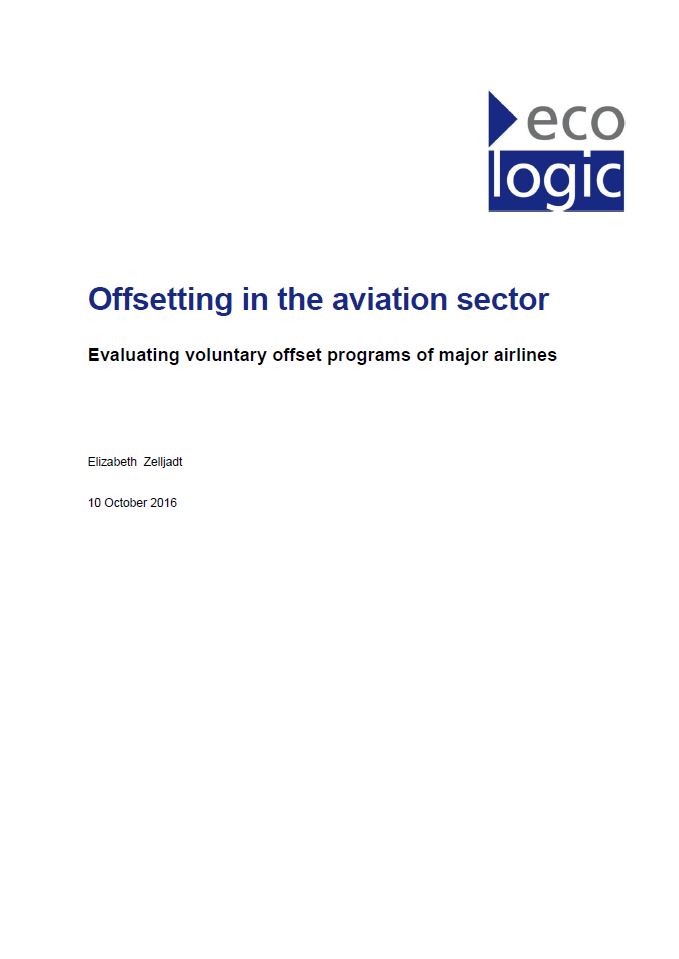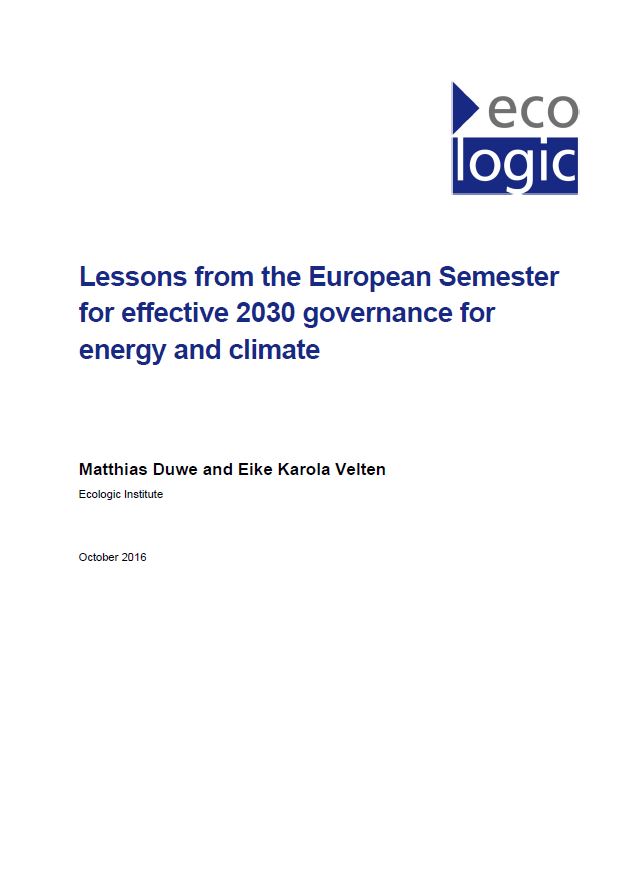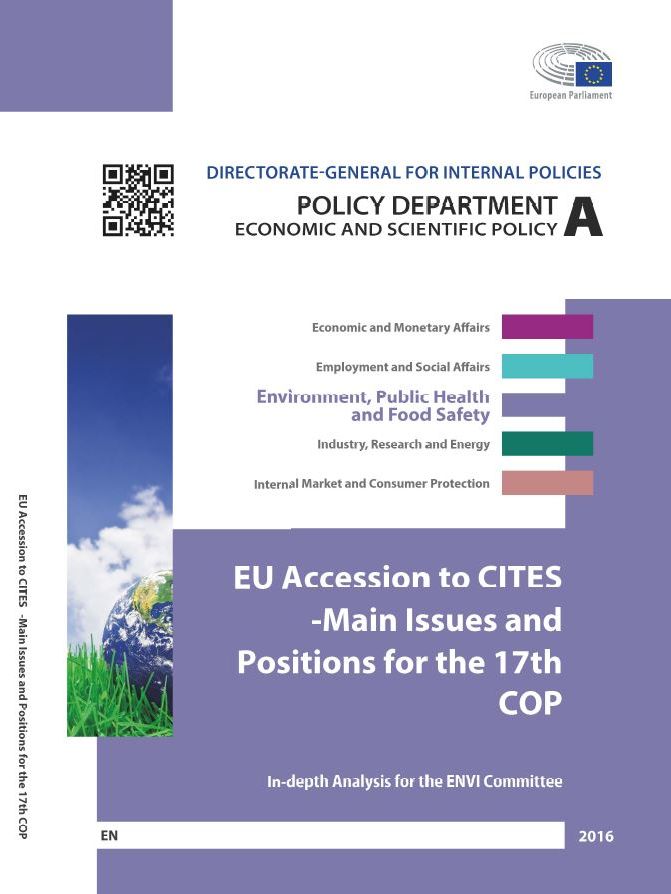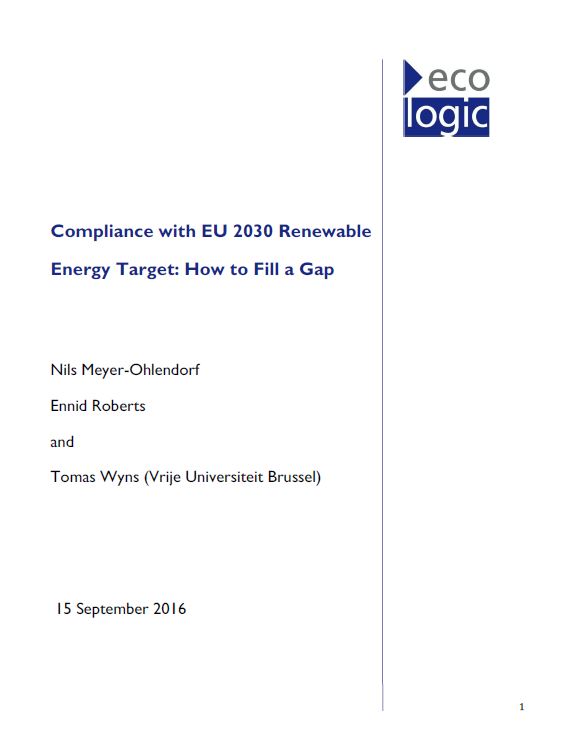Publication:Report
Publication:Report
Publication:Report
Integrating National Reality into the 2030 Governance System
An assessment of experience with climate and energy planning and reporting in select EU Member States
Year
Read morePublication:Report
Publication:Report
Publication:Report
Publication:Report
Synergies and Differences between Biodiversity, Nature, Water and Marine Environment EU Policies
Aquacross Deliverable 2.1
Year
Read morePublication:Report
Publication:Report
Publication:Report
Offsetting in the Aviation Sector
Evaluating voluntary offset programs of major airlines
Year
Read morePublication:Report
Publication:Report
Publication:Report
Publication:Report
Publication:Report
Local and Regional State of Play and Policy Recommendations Concerning Sustainable Heating and Cooling
Focusing on EU Level Policy
Year
Read more
